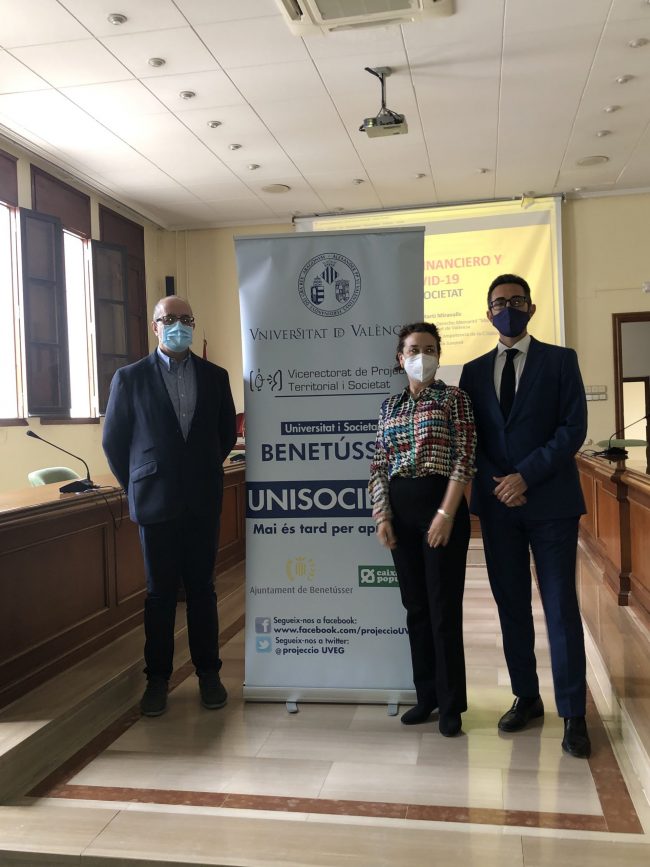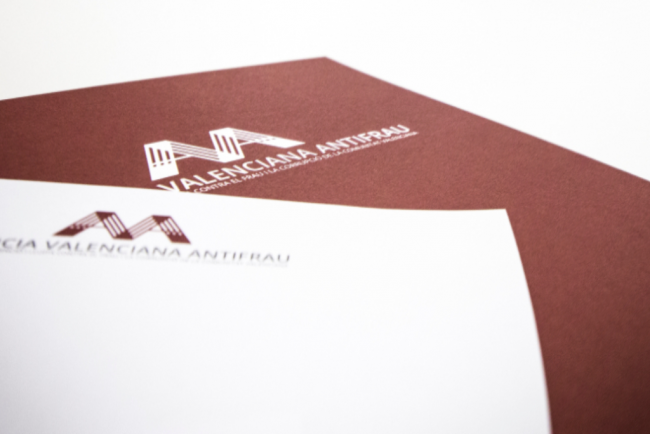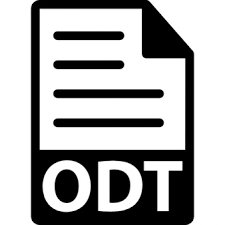The municipality of l’Horta Sur was the framework for the third conference in 2021 in which the Valencian Anti-Fraud Agency, within the existing collaboration agreement with the Vice-Rector for Territorial Projection and Society of the University of Valencia, participates in the UNISOCIETAT initiative , which aims to develop training activities for good governance and citizenship in the Valencian territory.
The professor of Commercial Law at the University of Valencia, Jaume Martí Miravall, gave a conference on the changes that the financial system, the credit market and the stock market have experienced in recent years, in which reference was also made to the extraordinary measures adopted to alleviate the impact of the COVID-19 pandemic.
The conference was followed by students from the UNISOCIETAT program from Benetússer and other towns in l’Horta Sur, and generated an intense and active debate among the attendees about the consequences that the legislative changes of recent years had on the financial security of citizens. Likewise, the attendees were interested in the functions and activities of the AVAF in the prevention and fight against fraud and corruption; questions that were answered by the representative of the AVAF, Anselm Bodoque, head of the Agency’s Training Service.
Publication date: 04/29/2021





